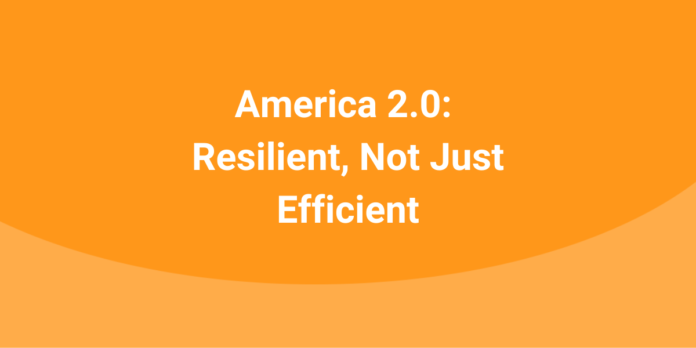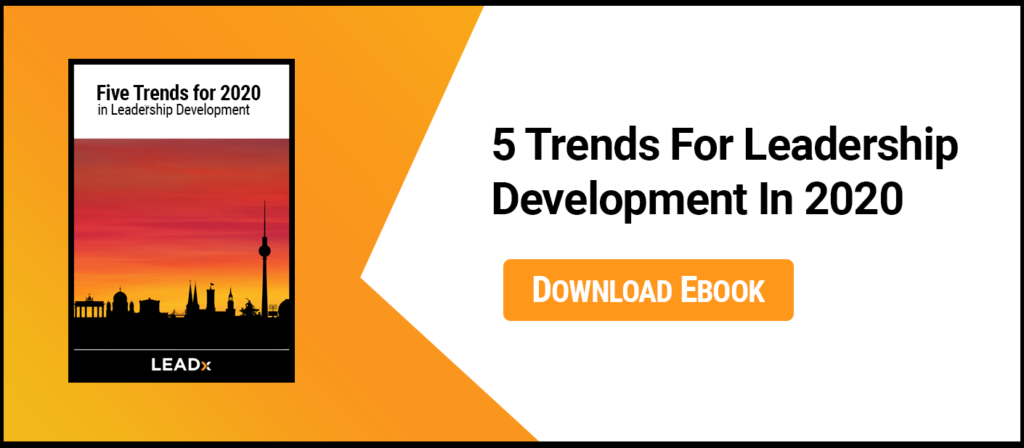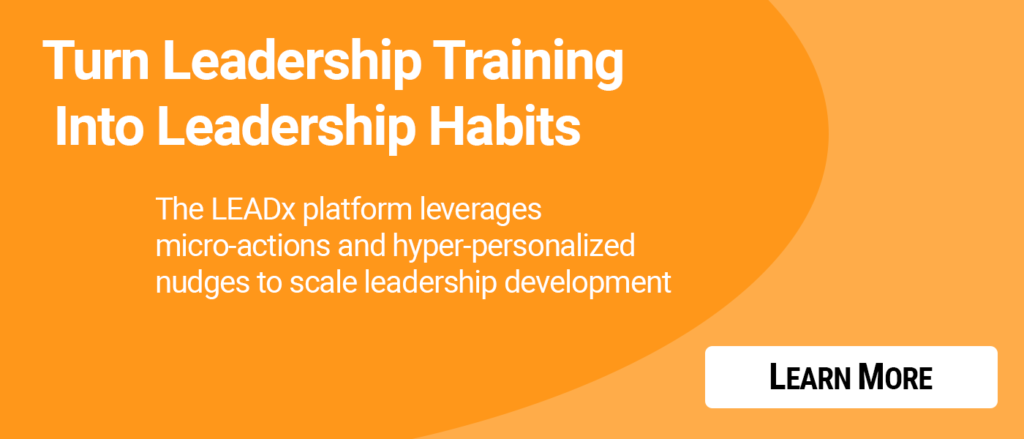
American political democracy as we know it is in danger. After forty years of growing economic disparity, and accentuated by the 2020 pandemic, the average family in the United States may no longer believe that our system of government is right for them.
According to Roger Martin, to save democratic capitalism from itself, we must stop viewing our economy as a perfectible machine and instead understand it as a natural system – one that is complex and adaptive and seeks to balance efficiency with resilience. Martin is Professor Emeritus at the Rotman School of Management at the University of Toronto, where he served as Dean from 1998 to 2013. In 2017, he was named the world's number one management thinker by Thinkers50. I had a chance to ask him about his new book, When More Is Not Better: Overcoming America’s Obsession With Economic Efficiency.
Kevin Kruse: You say that our model of the economy, thinking of it like a machine we want to make more efficient, has now become a threat to democratic capitalism. Why?
Roger Martin: The implicit model of the economy has become that it is a big, complicated machine, about which we can understand the inputs and the outputs they will produce. For example, if we want to stimulate it, we have confidence that we can figure out how much to pump into it and what will come out the other side. We can break it into its component pieces and optimize each piece – the banking piece, the labor piece, the trade piece, etc.
Unfortunately, the economy keeps reminding us that we don’t understand how it works. A vivid example was the January 1, 2013 “fiscal cliff.” Economists fretted all fall of 2012 about the $607 billion that was going to be sucked out of the economy by the confluence of tax and spending measures hitting on the first day of 2013, and boldly predicted a 1.3% contraction of the economy unless Congress acted aggressively. Congress did nothing – and no such contraction occurred.
Despite numerous such examples, we still break the economy into pieces and have machinists optimize each piece. So, when we get economic disasters like the global financial crisis or corporate ones like the bankruptcy of Enron, everybody says: “Not my fault; I did my part right.” And the solutions tend to be to do what we were doing – just more thoroughly – as with Sarbanes Oxley after the dot.com bust and Dodd-Frank after the financial meltdown.
The problem is that attempting to maximize the efficiency of each piece of the economy is producing an unintended consequence of more extreme economic outcomes: middle incomes have stagnated and income inequality is skyrocketing.
And when middle incomes stagnate, the swing voters in the middle of the distribution tend to lose faith in the economic system, and that is the threat to American democratic capitalism now faced by this country.
Kruse: So if not a machine, what's a better way to think of the economy? If not efficiency, what should our goals be?
Martin: A better way to think about the economy is as a complex adaptive system. It can’t be broken into piece-parts because the connections are too intricate. And it adapts continuously in a way that makes it impossible to permanently ‘fix.’ Efficiency should not be dropped as a goal. But it needs to be balanced with resilience. The goal must be an economic system that adapts in ways that increase its fitness over time, which means working for the many, not the few.
To achieve that overall balance between efficiency and resilience, we need to pursue three individual balances, first between the pursuit of pressure and application of productive friction, second between the desire for perfection and the drive for improvement, and third between march toward connectedness and the enforcement of separation.
Kruse: What specific things do you hope our political leaders will do to move to this new model?
Martin: I make six recommendations for political leaders but I will focus on a single one here and that is to stop trying to fix things and instead focus on iteratively improving them. In a complex adaptive system, the players will adapt promptly and forcefully to any change imposed on the system. Gamers will game any change for their own benefit, not the benefit of the system. As a consequence, all attempts to ‘fix’ a perceived problem will be overwhelmed by adaptive behavior. The attempt to ‘fix’ excessive compensation of CEOs by making only the first $1 million of salary deductible for corporate tax purposes simply drove the adaptation of paying CEOs with stock options – which made the problem an order of magnitude worse within a decade.
As a consequence, political leaders should write mandatory revisions into every piece of legislation. Assume that it will be gamed and get ready to revise it – rather than to defend it. This is done with Canada’s most important banking legislation – The Bank Act of 1871. It was enacted with a provision that the government must review and revise it every ten years (later shortened to five years). That designed adaptation is one thing that contributed to the Canadian banking system faring much better than systems worldwide in the global financial crisis.
Kruse: What can business leaders do?
Martin: I make four recommendations for business leaders but I will again focus on a single one here and that is to turn their backs on the dominant vector of reductionism. Over the past half-century in particular, business has become more siloed. It has internalized the model that a business is a machine. It can be broken into the marketing function, the operations function, the finance function, etc. Each function has both its own domain of control and its own body of knowledge. Each leader optimizes his/her domain and the domains are added up to a whole.
Unfortunately, in a complex adaptive system, pieces don’t add up that way. For example, decisions by finance to cut people costs have impacts on attempts by store operations to maintain customer service standards. When this connection is pointed out, it seems obvious and such a disjuncture would not happen. But it happens daily because of the fundamental belief that a business can be broken into pieces and each one optimized – a belief that is reinforced in the curriculum of every business school in the land.
Kruse: Anything we, as engaged citizens, should be doing?
Martin: I make four recommendations for citizens but I will again focus on a single one here. The fundamental problematic outcome of the economy is the production of extreme outcomes – the 80-20 rule and even more extreme outcomes. That is in wealth accumulation but also in the performance of companies. Citizen behavior contributes to these extreme outcomes by adopting a single provider for a given product/service – like Uber or Facebook or Amazon Prime. When each individual customer commits in this way, it is an effect that helps cause more of the effect. In other words, the Facebook platform becomes stronger making it more attractive still for others to use, and so on. Hence this individual customer action contributes to more extreme system-wide outcome.
The solution is for citizens to consciously multi-home. That is, they should use their favored product/service some of the time but not always – use Uber most of the time but Lyft sometimes and taxis or limos other times. That will ameliorate the extreme outcomes and contribute to the strength of American democratic capitalism.
Kevin Kruse is the CEO of LEADx, a platform that turns leadership training into leadership habits. Kevin is also a New York Times bestselling author of Great Leaders Have No Rules, 15 Secrets Successful People Know About Time Management, and Employee Engagement 2.0.







